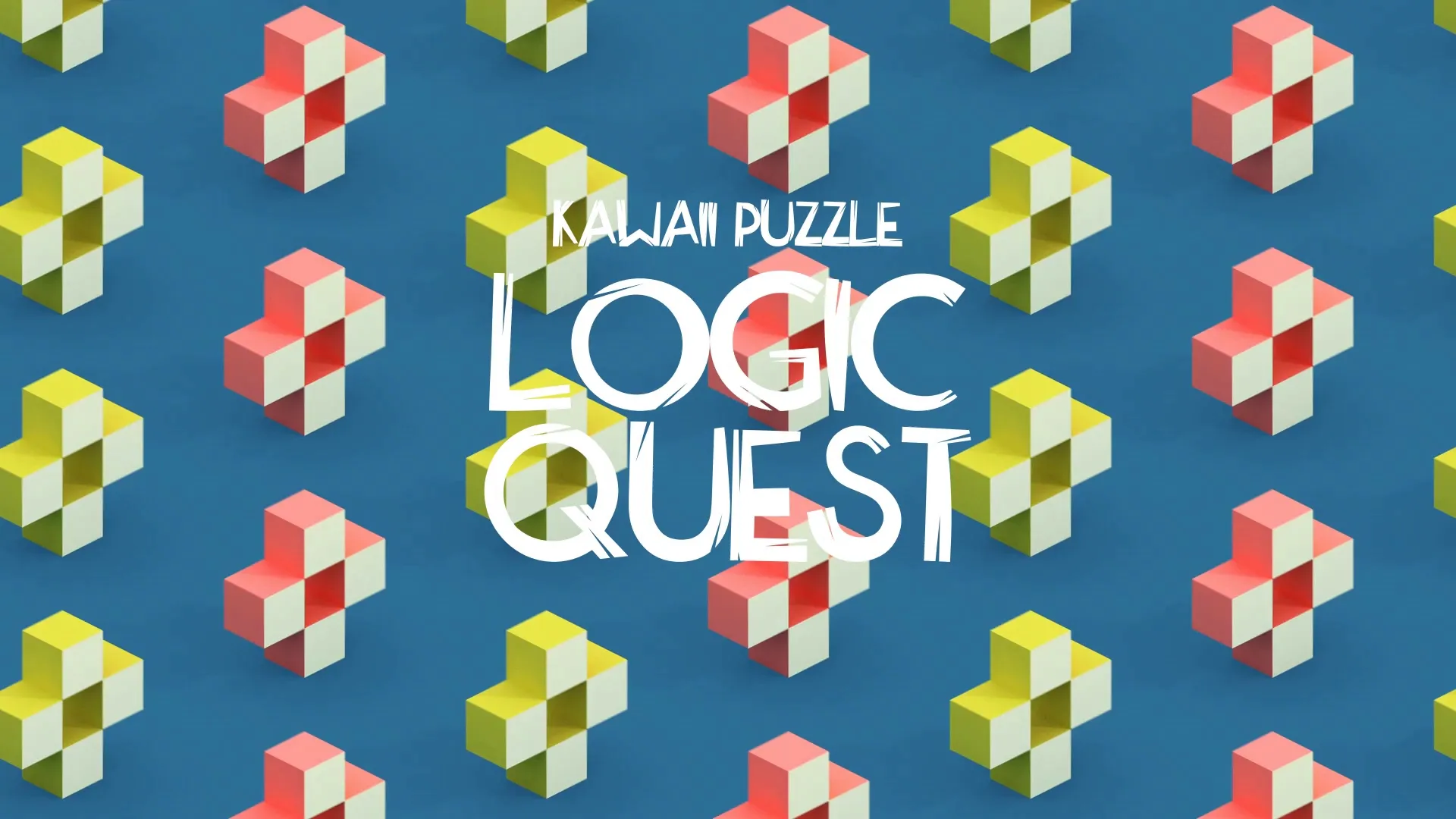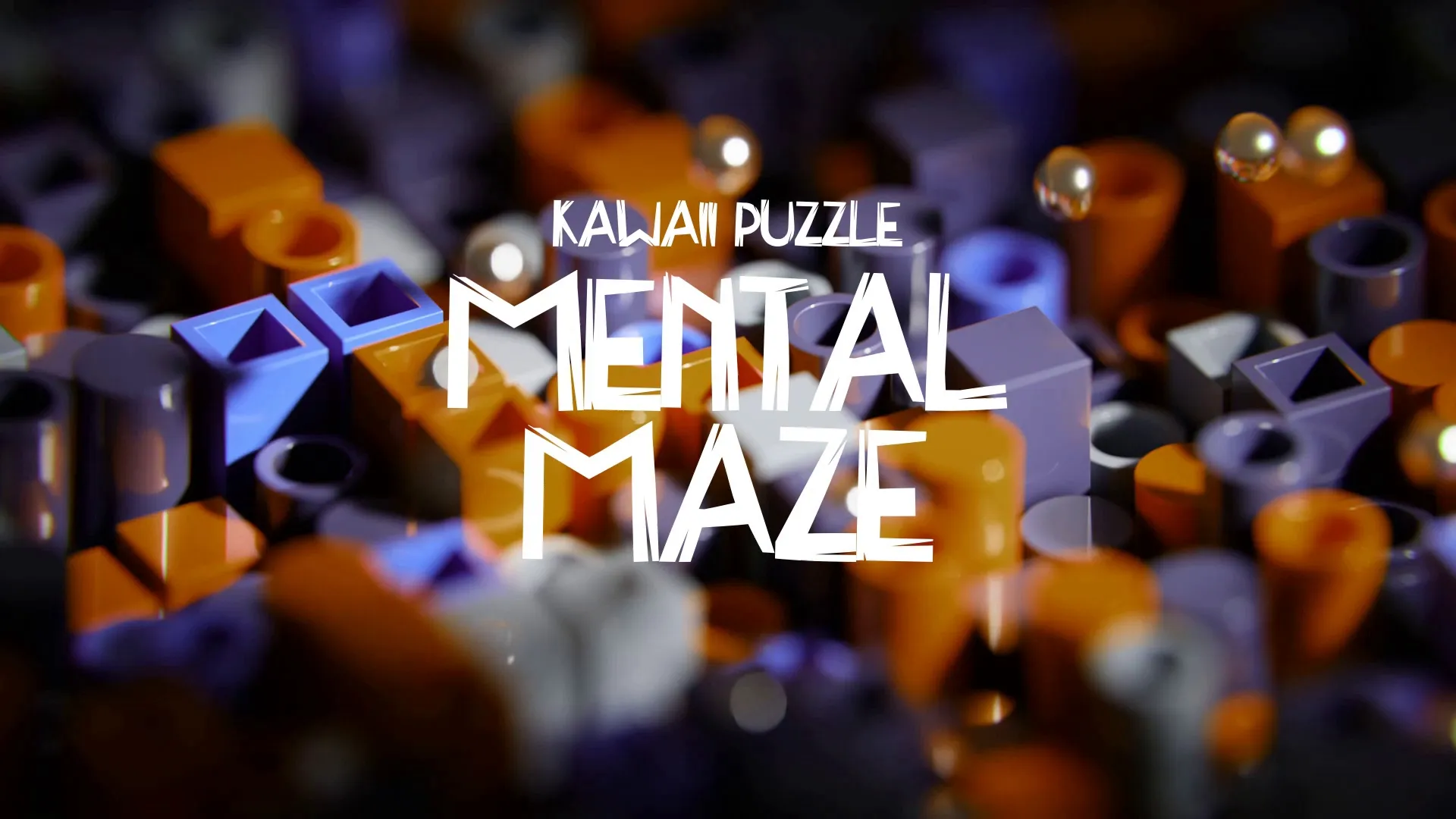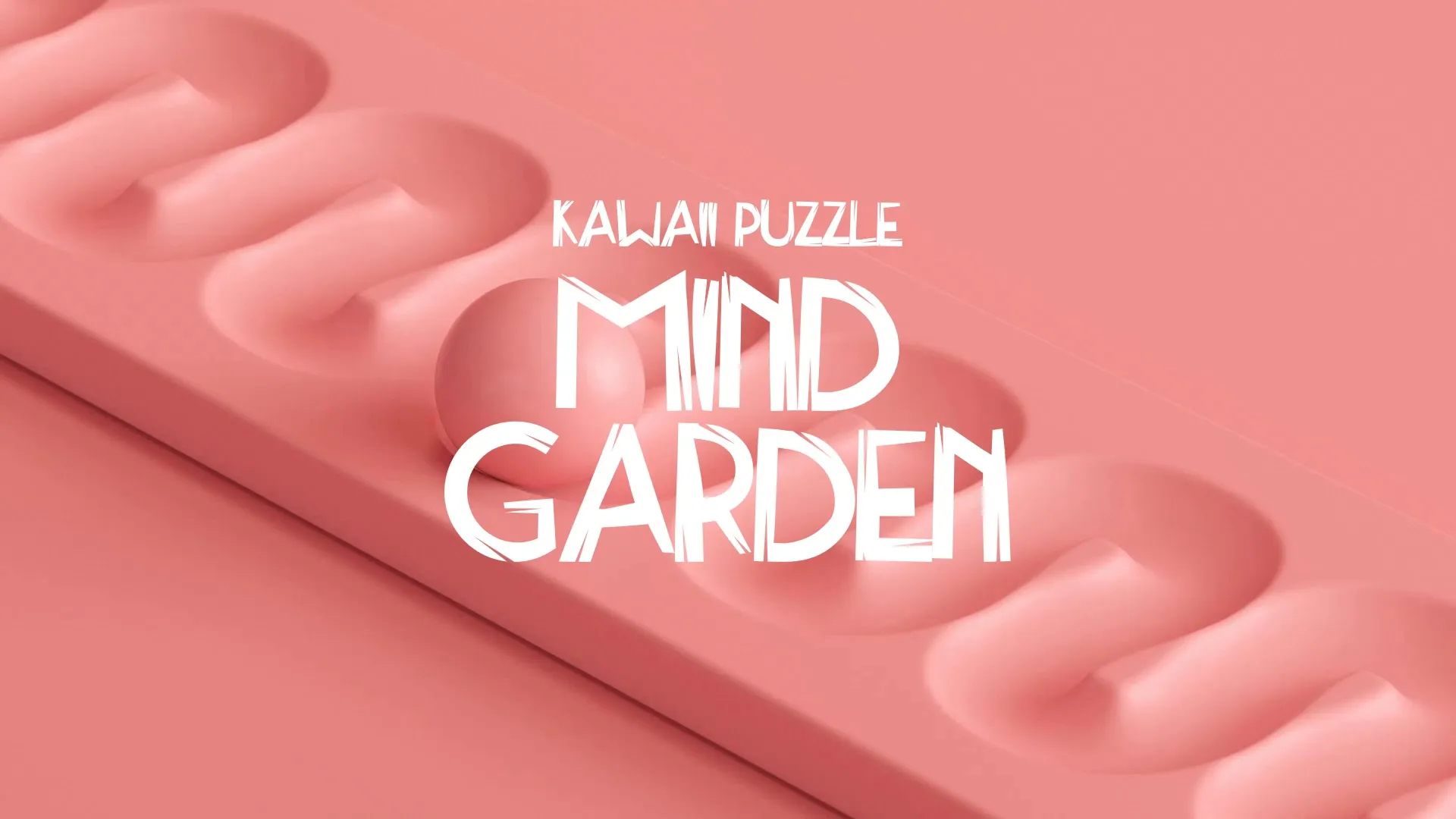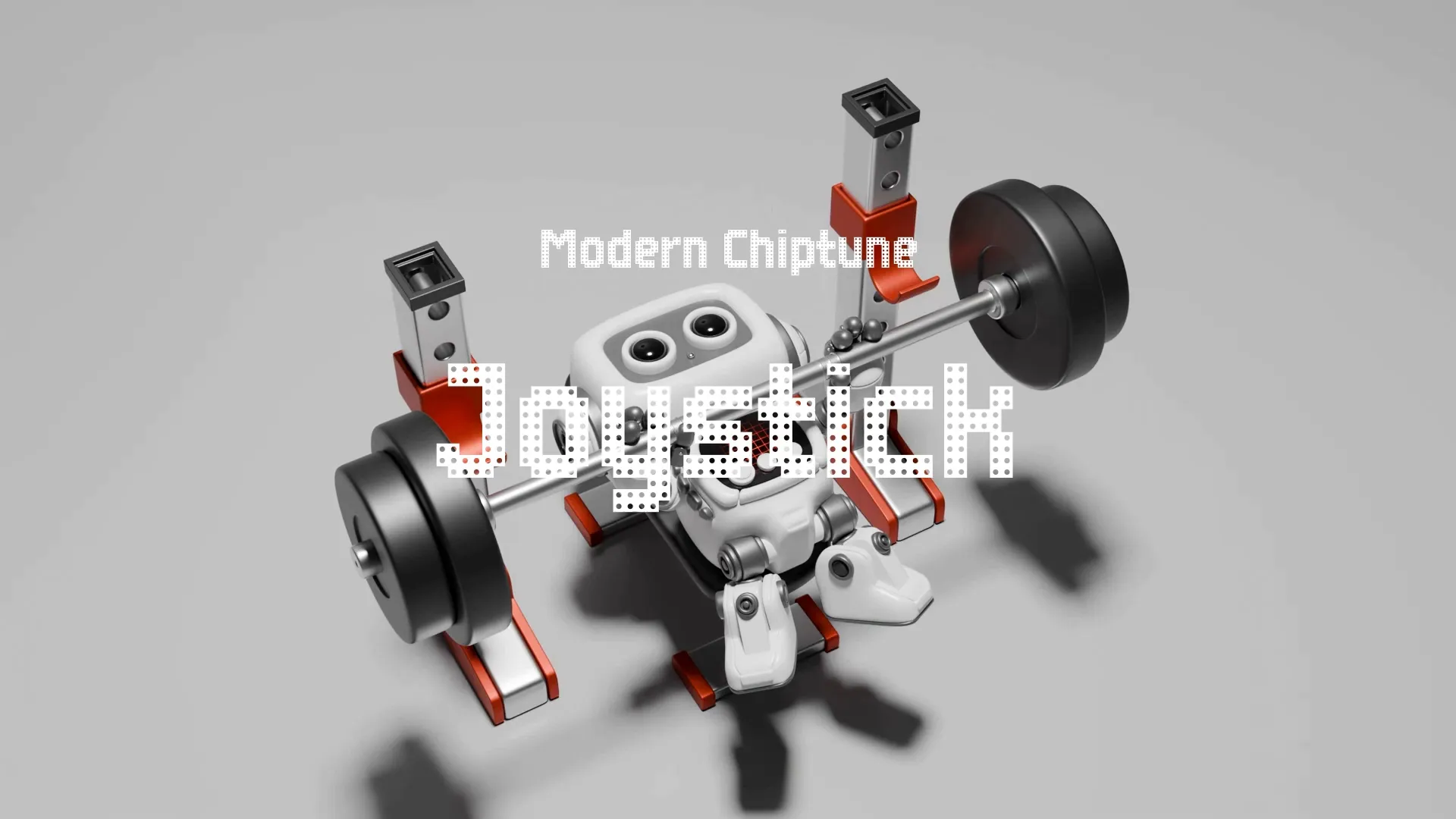Refine Your Game Ideas: A Developer's Guide to Concept Validation
Developing a compelling game starts with a strong concept. Many developers rush into production, only to discover fundamental flaws later. Refining your game ideas and validating your concept early prevents wasted effort and builds a solid foundation for your project.
Assess Your Initial Idea Objectively
Begin by critically examining your core idea. Is the premise unique enough to stand out in a crowded market? Consider what specific problem your game solves or what unique experience it offers players.
Define your game’s genre, target audience, and primary gameplay loop. A clear understanding of these elements is crucial before proceeding.
Conduct Thorough Market Validation
Before committing resources, validate your concept’s market appeal. Research existing games in similar genres to understand player expectations and identify gaps.
Analyze competitor strengths and weaknesses. What makes their games successful, and where do they fall short? This insight helps position your unique offering.
Engage potential players early through surveys, forums, or small focus groups. Gather feedback on your concept, art style, and proposed mechanics to gauge interest.
Evaluate Technical Feasibility and Resource Constraints
Assess whether your concept is technically achievable with your current skills and available resources. Overambitious ideas often lead to development hell.
Consider the complexity of your proposed features. Can they be implemented within your budget and timeframe? This is a critical step for indie developers.
Choosing the right engine and tools is part of this evaluation. For insights into engine selection, refer to articles like Unity vs. Unreal vs. Godot: Choosing Your Engine in 2025.
Define Your Core Gameplay Loop
A well-defined core loop is the heart of your game. It describes the repetitive actions players will perform and the rewards they receive.
Break down your game into its most fundamental interactions. How do players engage, what challenges do they face, and what motivates them to continue?
Iterate on this loop until it feels satisfying and engaging. A strong core loop ensures long-term player retention.
Prototype Key Mechanics Early
Don’t wait to build a full game to test your core mechanics. Create small, focused prototypes to quickly validate gameplay assumptions.
Create a free account, or log in.
Gain access to free articles, game development tools, and game assets.























